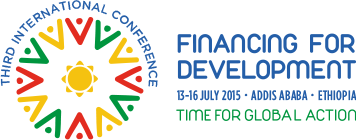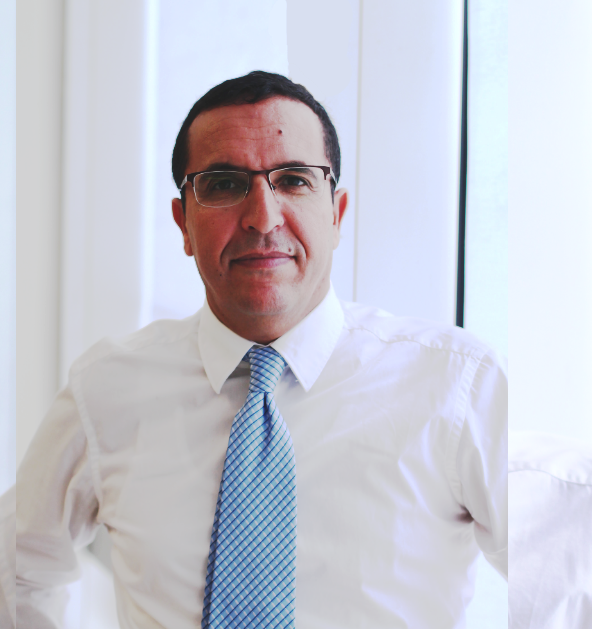Why Rural Water and Sanitation are on the African Agenda
by Mohamed El Azizi
14 July 2015
In September 2015, the United Nations will adopt the Sustainable Development Goals, a series of ambitious targets to end extreme poverty, fight inequalities and tackle climate change. Goal number 6 targets the sustainable management of water and sanitation for all.
The African Development Bank (AfDB) has invested close to 5 billion USD in water-related projects in the last decade. Striving both to attain inclusive and green growth and to make an impact where needs are the greatest, the AfDB has escalated support for its Rural Water and Sanitation Initiative (RWSSI). The share of RWSSI programs in the AfDB’s total active water and sanitation portfolio has increased to about 41%, from less than 15% in 2002, underlining the strategic importance of socio-economic development in rural areas.
Yet according to household surveys conducted by the Joint Monitoring Programme (JMP)*, 282 million people are lacking access to water and 455 million people to basic sanitation facilities in rural areas across Africa. National and regional data show that access to safe drinking water in rural areas is improving at a slower rate than in urban areas in the majority of countries. Malawi, Swaziland, Ghana, Namibia, Ethiopia, Uganda and Burkina Faso are however good examples of countries which have succeeded in actually reducing urban-rural gaps in access to drinking water and sanitation services.
Similarly,the regional average performance with respect to open defecation masks spatial inequalities. Against 14 percent global prevalence, it stands at 3 percent in North Africa versus certain Sub-Saharan countries with over 70% prevalence.
When water supply and sanitation improve in rural areas, health and quality of life improve, and other major issues such as poverty alleviation, socio-economic development and gender equality are addressed.
RWSSI puts strong emphasis on linking rural water and sanitation projects with knowledge building and empowerment of women and youth initiatives led by African Governments. Monitoring and Evaluation of programs completed over the last decade have demonstrated the importance of involving communities in their management and upkeep. The closer beneficiaries feel to the programs, the more sustainable the water and sanitation actions are.
More regionally-led efforts are therefore needed in order to ensure a holistic and sustainable approach to rural hygiene. Under the patronage of President Kagame of Rwanda, and with support from the African Minister’s Council on Water (AMCOW), the African Union and the AfDB, the Kigali Action Plan has been drawn up to support some of the most off-track countries in the most practical way possible.
10
The number of countries set to receive support from the Kigali Action Plan
The Kigali Action Plan (KAP) provides the combination of the much needed political leadership, commitment and innovation required to take direct action at community level. Rather than re-invent the wheel, the KAP will buy-into national programs being led in the countries signed up to participate. The gap in financial, human and technical resources within the individual countries’ existing framework will be addressed by the Kigali Action Plan.
Burundi, the Central African Republic, Chad, Lesotho, Liberia, Madagascar, Mali, Mauritania, Sierra Leone, and South Sudan are the ten pioneer participating Member States. The Kigali Action plan has targeted the construction of around 12,400 water supply facilities and 155,000 basic sanitation facilities in these countries over a period of 5 years, starting in 2015. The total cost of interventions will be around 375 million euros. The goal by the end of this year is to raise 50 million Euro as seed funds for the implementation of the Kigali Action Plan, using the AfDB RWSSI Trust Fund as the vehicle. The Government of Rwanda and the AfDB will be hosting a resource mobilization side-event at the 3rd International Conference on Financing for Development in mid-July in Ethiopia. The meeting is scheduled from 08h15 to 09h45 in the Sholla 2 room of the Radisson Blu Hotel in Addis Ababa on July 15th 2015.

